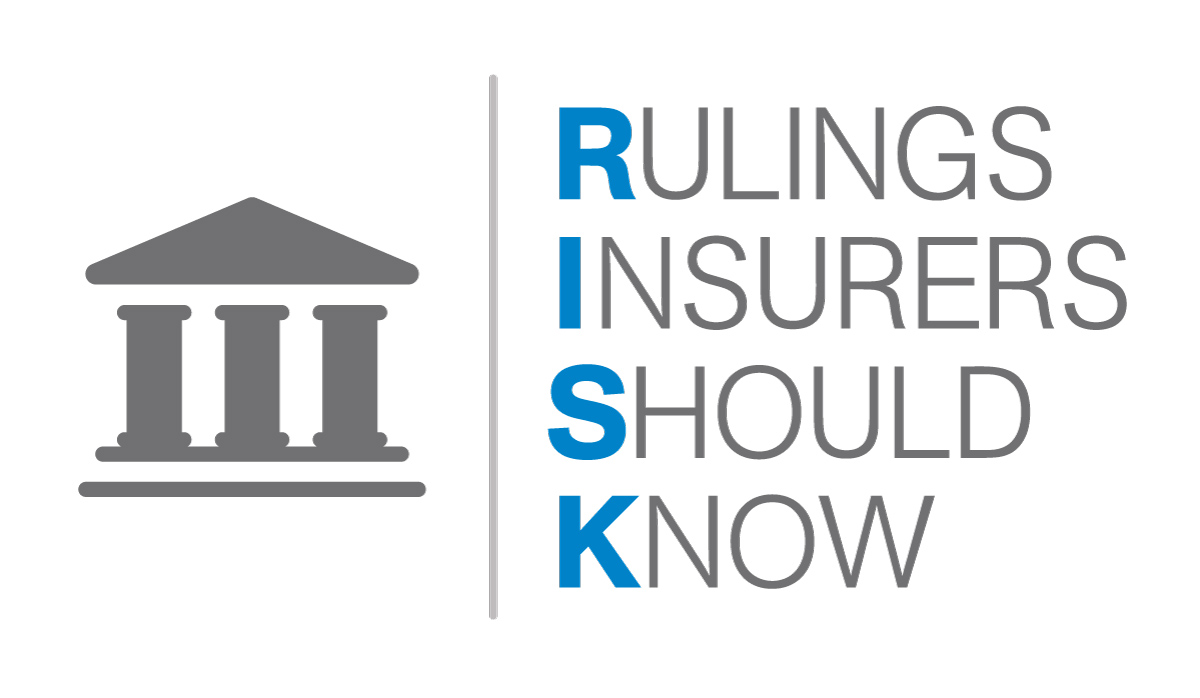Limitation Period Begins with Knowledge of Material Facts Not Confirmation of Claim

Cassidy v. Belleville (Police Services), 2015 ONCA 794
This is an appeal from the order of a motion judge granting summary judgment and dismissing the Plaintiff’s action on the basis that it was statute-barred by operation of the 2-year limitation period established by s.4 of the Limitations Act¸ 2002, S.). 2002, c. 24, Sched. B (the “Act”).
On August 18, 2009 Officer Groen of the Belleville Police Service, stopped the appellant while she was driving and confiscated her car on the basis that it was stolen. The appellant, who was pregnant and with her children at the time, was left to find her own way home and alleges she subsequently suffered medical complications to her pregnancy due to the incident.
On August 24, 2009 the appellant wrote a letter to a lawyer asking whether she should start an action, but did not end up doing so at that time. On Sept. 11, 2009 she wrote a letter of complaint to the Belleville Police Service. She received a reply on June 23, 2011 and on July 8, 2011 requested a review of her complaint by the Ontario Civilian Police Service (“OCPS”). On Nov. 29, 2012 she was informed that her complaint was to be upheld in part.
On Oct. 10, 2013, more than 4 years following the original incident, the appellant commenced her action. It was held by the motion judge that the limitation period commenced on August 18, 2009 at the earliest and August 24, 2009 at the latest thereby making the claim barred. The appellant appealed that decision arguing that the limitation period would not have begun to run until November 29, 2012 when she learned of the decision of the OCPS and was informed of the standard of care required of police officers.
The appellant’s argument was rejected by the Court of Appeal. Citing its own decision in Lawless v. Anderson, 2011 ONCA 102, the Court held that a claim is discovered on the date the claimant knew, or ought to have known of the material facts giving rise to the claim. It was presumed under s. 5.2 of the Act that she knew of the matters giving rise to her potential claim on the day the incident took place, which was August 18, 2009, unless the contrary was proved. The appellant failed to rebut this presumption and therefore by the time she brought her action in 2013, the limitation period had expired.
The administrative process the appellant invoked through the OCPS provided additional information in support of her claim however the discovery of her claim did not depend on them. Discovery of sufficient material facts to trigger commencement of the limitation period did not depend on precise knowledge of the applicable standard of care and whether the officer’s conduct fell below it.
Accordingly, the appeal was dismissed.
What the Insurer Should Know
The limitation period commences when the plaintiff has knowledge of the material facts giving rise to the claim. If the plaintiff takes some action, such as writing to the police force, which provides some indicia that she knows there was something wrong, then the limitation period has likely started.
 |
 |
| Mitch Kitagawa | Kristina Kang |



